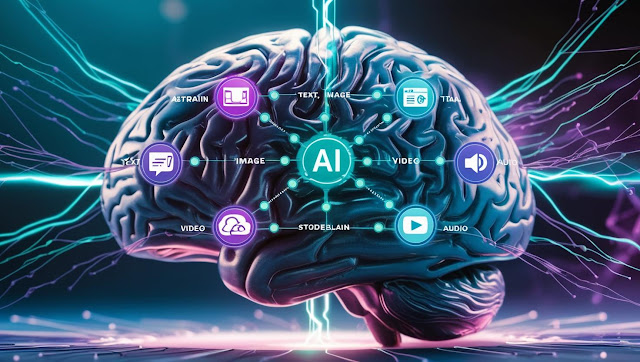Latest Advances in AI (2025) – What’s New in Artificial Intelligence?
Introduction
Artificial Intelligence (AI) continues to evolve at an unprecedented pace in 2025. From multimodal models and real-time avatars to personalized healthcare assistants and ethical AI, this year’s advancements are not just smarter—they’re more human-aware. Here's a breakdown of the most impactful trends and breakthroughs shaping the AI landscape.
Multimodal AI Models
In 2025, AI systems are no longer limited to a single type of data. Multimodal models like GPT-4.5 and Gemini Ultra process and understand images, text, audio, and even video together. This allows for more fluid interactions, like describing a picture and generating a matching caption or creating videos based on a written story.
AI Avatars and Digital Humans
AI in Healthcare & Biotech
Personalized AI Agents
AI Coding Assistants
Ethical AI and Regulation
Conclusion
AI in 2025 is moving beyond hype into deeply integrated applications across all industries. From personalized assistants to ethical considerations, the future of AI is collaborative, context-aware, and increasingly human-centric. Staying informed about these advancements is essential for businesses, creators, and everyday users alike.





